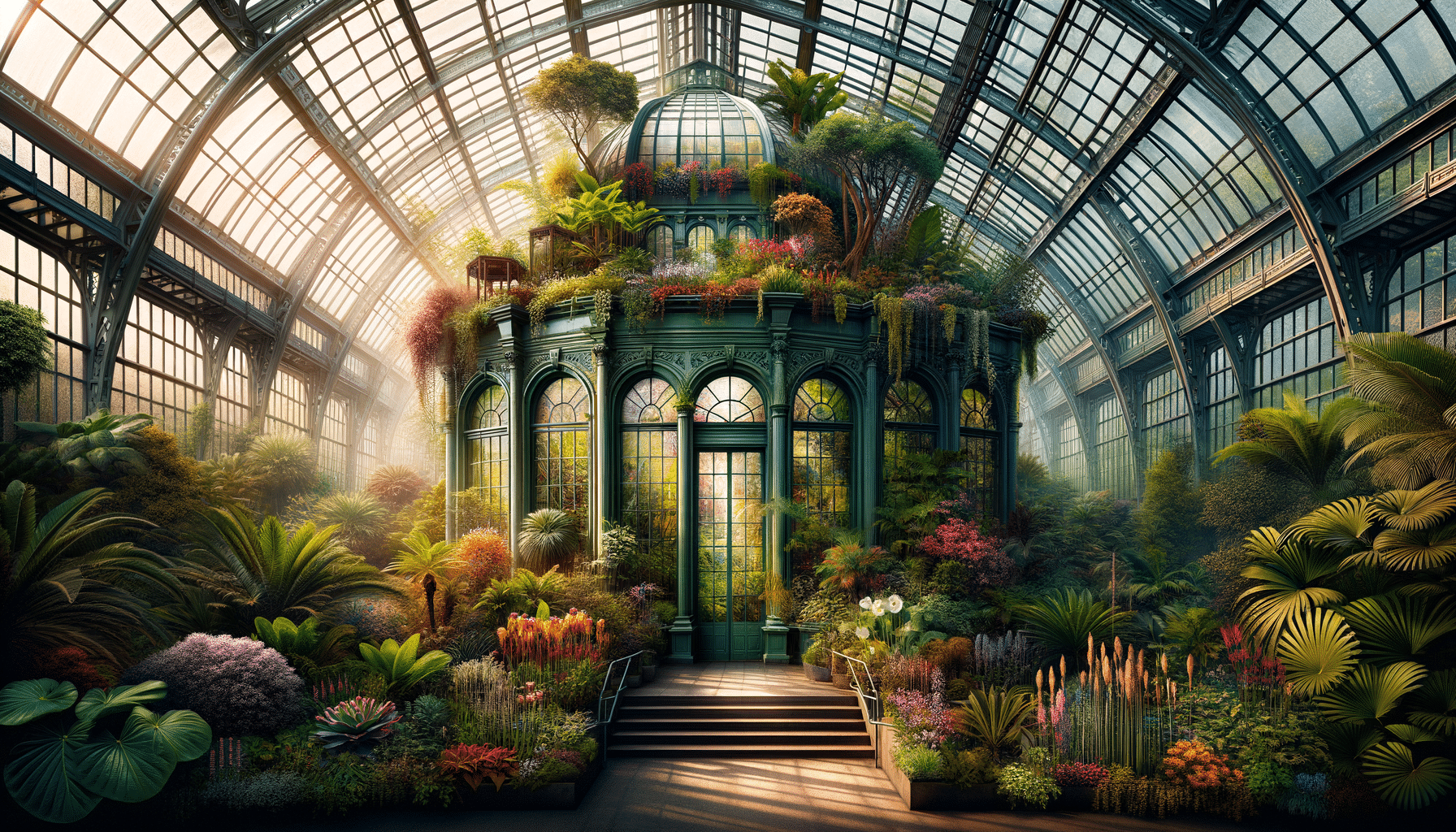Exploring the Wonders of Conservatories: A Gateway to Nature and Architecture
A conservatory combines the beauty of nature with architectural elegance, offering a versatile space for relaxation and growth.

Introduction to Conservatories
Conservatories are architectural marvels that blend the beauty of nature with the elegance of design. Originating in the 16th century, these structures were initially built to protect and nurture exotic plants brought back by explorers. Over time, they have evolved into versatile spaces used for a variety of purposes, from home extensions to botanical gardens. The allure of a conservatory lies in its ability to create a seamless transition between indoor and outdoor environments, offering a sanctuary for both people and plants. As a result, conservatories have become a popular addition to homes and public spaces worldwide, celebrated for their aesthetic appeal and functional benefits.
The Architectural Beauty of Conservatories
The architectural design of conservatories is a testament to human creativity and engineering prowess. Typically constructed with large glass panels and a metal or wooden frame, conservatories are designed to maximize natural light while providing shelter. This design not only enhances the growth of plants but also creates a bright and inviting space for people to enjoy. The styles of conservatories can vary greatly, from the classic Victorian and Edwardian designs to more contemporary styles that incorporate modern materials and minimalist aesthetics.
Key architectural features include:
- Large glass panels for maximum light exposure
- Durable frames made from materials like aluminum, wood, or uPVC
- Flexible designs that can be customized to fit different spaces
Each style offers its own unique charm and can be tailored to suit the specific needs and tastes of the owner. Whether used as a greenhouse, a sunroom, or an elegant dining area, the architectural beauty of conservatories continues to captivate and inspire.
Conservatories as a Gateway to Nature
One of the most appealing aspects of a conservatory is its ability to serve as a gateway to nature. By incorporating elements of the natural world into the built environment, conservatories provide a tranquil space where people can unwind and reconnect with nature. This connection is particularly important in urban areas, where access to green spaces may be limited.
Conservatories offer several benefits, including:
- Providing a year-round space for enjoying plants and greenery
- Offering a habitat for various plant species, from tropical to temperate
- Creating a peaceful environment for relaxation and leisure
By fostering a closer relationship with nature, conservatories contribute to improved mental well-being and a greater appreciation for the natural world. Whether filled with lush greenery or serving as a serene retreat, conservatories offer a unique opportunity to experience the beauty of nature from the comfort of home.
The Practical Benefits of Conservatories
Beyond their aesthetic and environmental appeal, conservatories offer numerous practical benefits that make them a valuable addition to any property. As a versatile space, a conservatory can be adapted to suit a wide range of needs, from a quiet reading nook to a vibrant family room. This flexibility allows homeowners to maximize their living space and enhance the functionality of their home.
Practical benefits include:
- Increasing property value by adding additional living space
- Providing a flexible area for various activities and purposes
- Enhancing energy efficiency by utilizing natural light and heat
Moreover, conservatories can be designed to complement the existing architecture of a home, creating a harmonious and cohesive look. With advancements in building materials and technology, modern conservatories offer improved insulation and energy efficiency, making them a sustainable choice for homeowners looking to expand their living space.
Conclusion: The Timeless Appeal of Conservatories
In conclusion, conservatories represent a harmonious blend of nature and architecture, offering a versatile and aesthetically pleasing space for a variety of uses. From their origins as protective shelters for exotic plants to their modern-day role as elegant home extensions, conservatories have continually evolved to meet the needs and preferences of their owners. By providing a connection to nature, enhancing property value, and offering a flexible space for relaxation and leisure, conservatories remain a popular choice for homeowners worldwide. Their timeless appeal lies in their ability to adapt and inspire, making them a cherished addition to any property.